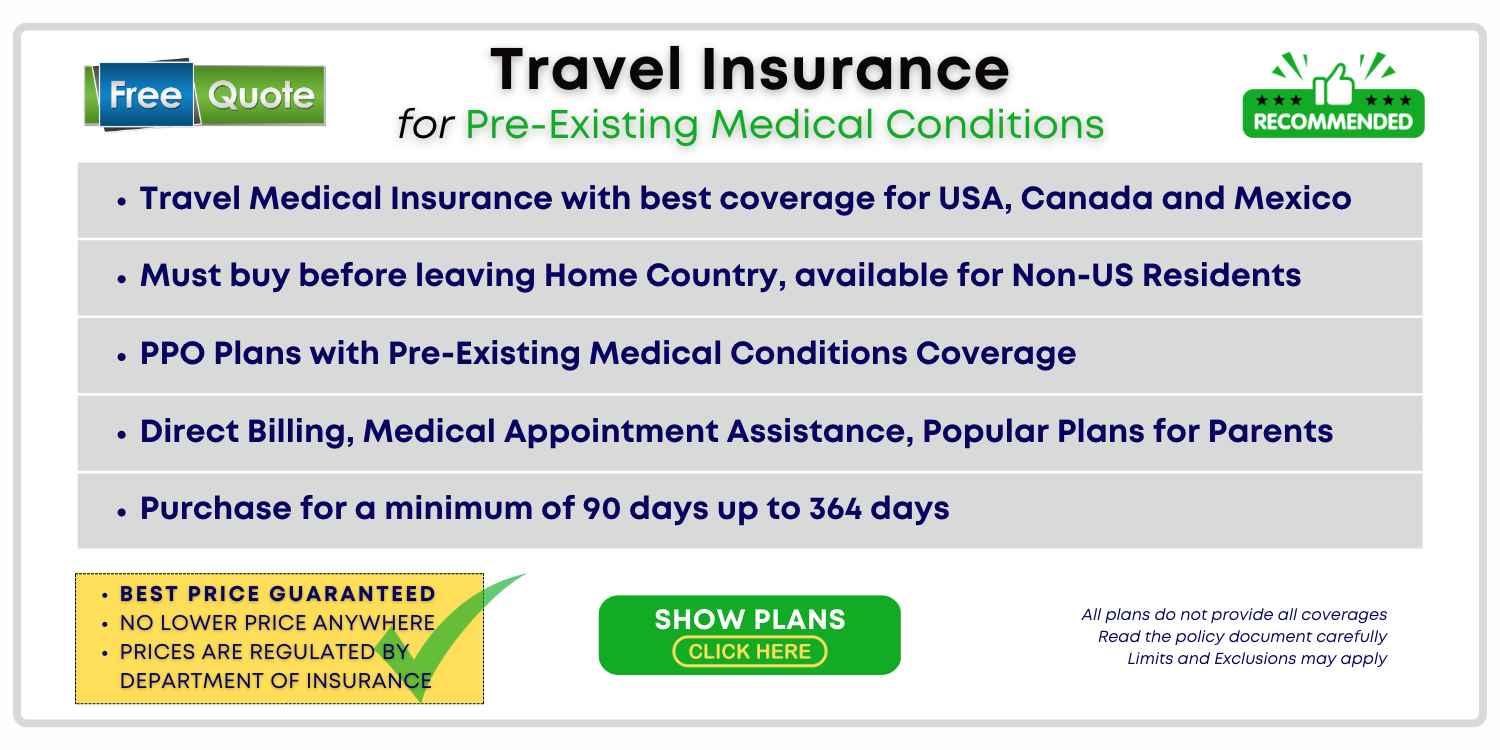In the dynamic world of travel, where adventure and unpredictability often go hand in hand, securing peace of mind is paramount. Travel insurance serves as a safety net, promising protection against unforeseen events and mishaps. However, travelers might find themselves in murky waters when it comes to understanding the nuances of their coverage, particularly regarding local health risks. Can travel insurance deny coverage due to these risks? This question is pivotal for those venturing into regions with heightened health concerns. In this article, we will unravel the intricacies of travel insurance policies, exploring the circumstances under which coverage might be denied due to local health conditions. By shedding light on this critical aspect, we aim to equip travelers with the knowledge needed to navigate their journeys confidently and make informed decisions about their travel insurance choices.
Understanding the Fine Print in Travel Insurance Policies
When embarking on a journey, understanding the nuances of your travel insurance policy is crucial, especially when it comes to potential local health risks. Insurance providers may sometimes deny coverage based on the prevailing health conditions of your travel destination. This can be a shock for many travelers who assume their policy covers all eventualities. Here’s what you need to know:
- Exclusions Related to Health Risks: Many policies have specific exclusions related to epidemics, pandemics, or health advisories issued by government bodies. It’s vital to read these sections carefully to determine if your destination falls under any of these exclusions.
- Pre-Existing Conditions: Coverage can also be denied if you have a pre-existing health condition that could be exacerbated by local health risks. Ensure your policy clearly states the terms around pre-existing conditions.
- Travel Advisories: Insurers often refer to travel advisories issued by governmental or international bodies. If a region is marked as high-risk, coverage may be limited or denied.
By delving into these fine print details, travelers can avoid unpleasant surprises and ensure they have the necessary coverage for their trip. Always consult with your insurer if you are unsure about any aspect of your policy.
Assessing Local Health Risks and Their Impact on Coverage
When evaluating the potential denial of travel insurance coverage due to local health risks, it’s crucial to understand the underlying factors insurers consider. These risks often stem from various environmental and societal conditions, such as outbreaks of contagious diseases, inadequate healthcare infrastructure, or even political instability affecting public health. Insurers typically assess the following elements to determine coverage eligibility:
- Current Health Advisories: Official health warnings or advisories from global organizations like the World Health Organization (WHO) can influence coverage decisions.
- Historical Health Data: Areas with a history of recurring health crises may pose a higher risk, impacting the availability of coverage.
- Local Healthcare Quality: The standard and accessibility of medical facilities can affect the risk level and, consequently, the insurance coverage.
Understanding these factors can empower travelers to make informed decisions and choose policies that offer the most comprehensive protection, despite the local health risks. It’s essential to read the policy details carefully and consult with the insurer to clarify any ambiguities related to coverage limitations in high-risk areas.

Strategies to Ensure Comprehensive Travel Insurance Protection
- Research Local Health Risks: Before embarking on your journey, invest time in understanding the health risks prevalent in your destination. This includes familiarizing yourself with any endemic diseases, recent outbreaks, and vaccination requirements. This knowledge will empower you to choose a policy that explicitly covers these risks, preventing any unwelcome surprises.
- Tailor Your Policy: Not all travel insurance policies are created equal. To ensure comprehensive protection, customize your policy by adding riders or extensions that cover specific health risks identified in your research. This might include coverage for diseases that are prevalent in the region or medical evacuation in case of serious health threats.
- Consult with Experts: Engage with insurance experts or travel consultants who have experience with the region you plan to visit. They can offer invaluable insights into potential health risks and recommend the best insurance products that provide robust protection against these risks.
- Understand Policy Exclusions: Thoroughly read and comprehend the exclusions section of your insurance policy. Ensure that local health risks are not listed as exclusions, and if they are, discuss potential adjustments with your insurer to secure necessary coverage.
By adopting these strategies, travelers can confidently navigate the complexities of travel insurance, ensuring they are fully protected against local health risks and can focus on enjoying their journey.

Expert Tips for Navigating Travel Insurance Exclusions
Understanding the exclusions in your travel insurance policy can be crucial, especially when it comes to local health risks. Here are some expert tips to help you navigate these complexities effectively:
- Read the Fine Print: Carefully examine the terms and conditions to identify any exclusions related to health risks in your travel destination. Insurers often exclude coverage for known outbreaks or health warnings issued prior to your trip.
- Stay Informed: Keep up-to-date with the latest health advisories and alerts from reliable sources like the World Health Organization (WHO) or the Centers for Disease Control and Prevention (CDC). This can help you assess potential risks that might affect your coverage.
- Consult Your Insurer: Contact your insurance provider to clarify any doubts about specific exclusions. Ask about potential coverage for unexpected health risks that arise after you’ve purchased your policy.
- Consider Supplemental Coverage: If your policy has significant exclusions, explore options for additional coverage that can provide protection against specific health risks unique to your destination.

